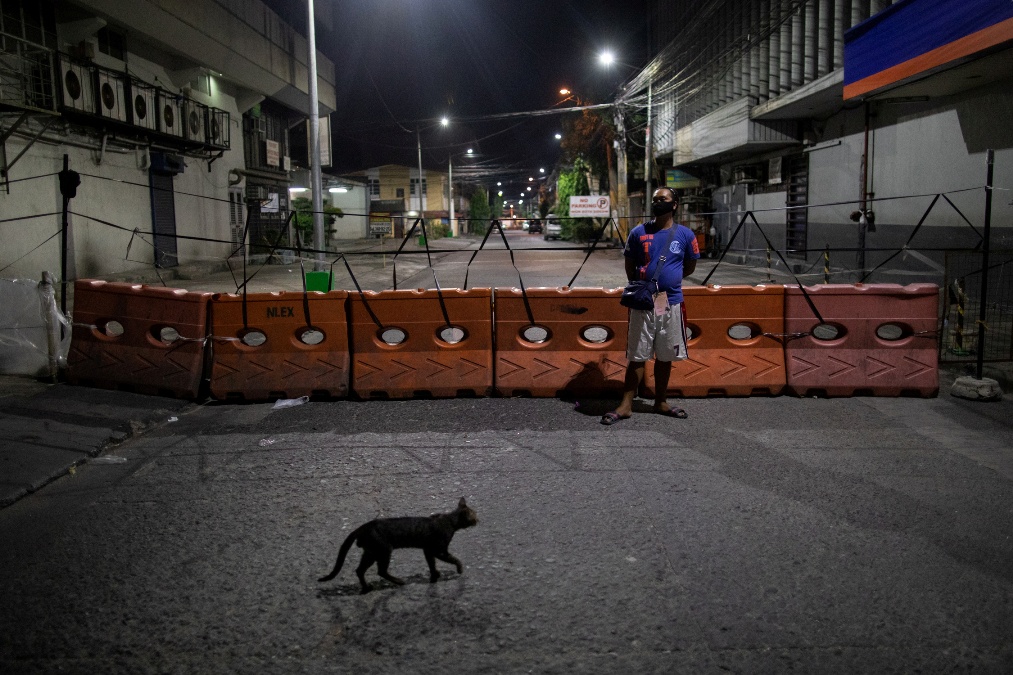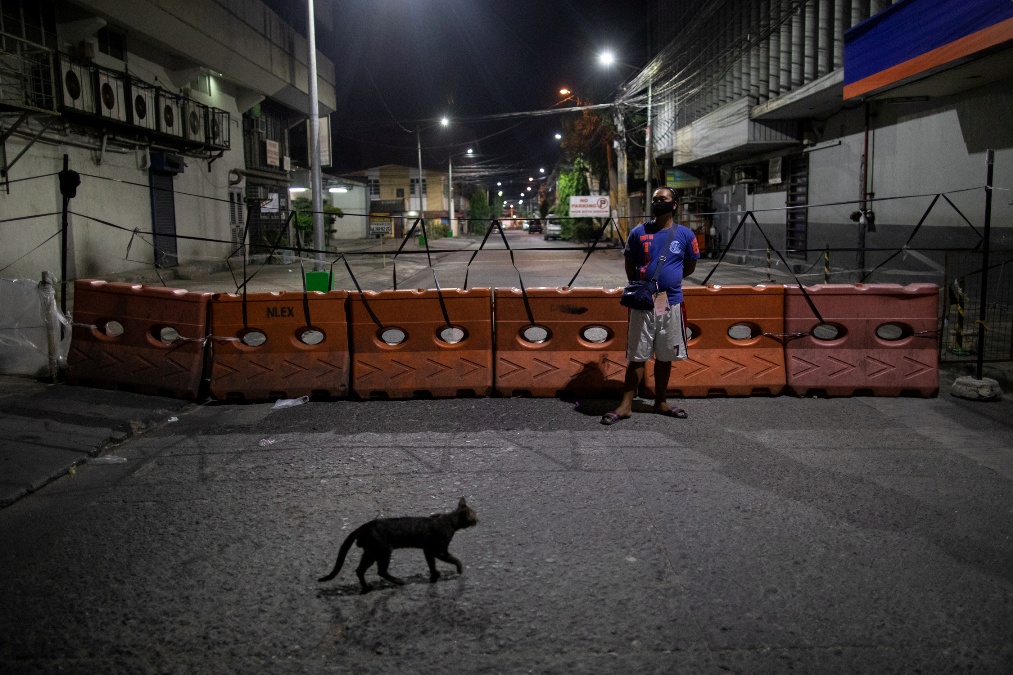
THE GOVERNMENT will avoid reimposing strict quarantine measures even if the number of coronavirus disease 2019 (COVID-19) infections surge, in order to sustain economic recovery throughout 2021, Acting Socioeconomic Planning Secretary Karl Kendrick T. Chua said on Wednesday.
“There must be no reversal in quarantine because when we were already in GCQ (general community quarantine) in July tapos bumalik sa (and then we went back to) MECQ (modified enhanced community quarantine) in August, it created so much uncertainty,” Mr. Chua said in an online briefing on Wednesday.
“If cases do worsen, our suggestion is to do localized quarantines and enforce the minimum health standards better,” he added.
To recall, Metro Manila and nearby provinces returned to a MECQ for two weeks in August to heed medical frontliners’ call for a “timeout” amid a surge in COVID-19 cases.
Gross domestic product (GDP) contracted by 11.5% in the third quarter, worse than expected but better than the 16.9% contraction in the second quarter.
In September, net inflows of foreign direct investments slid 12.3% to $523 million year on year, which the central bank attributed to the MECQ that dampened investor sentiment.
The IHS Markit Philippines Manufacturing Purchasing Managers’ Index also dropped to 47.3 in August from 48.4 in July, below the 50-mark that separates growth from contraction. IHS Markit attributed the steeper decline to the heightened restriction measures which affected production.
“Those businesses who have started to open businesses, that have started to open the inventory and rehired workers, suddenly they were not allowed to operate, they were unsure then when they could return,” Mr. Chua said, referring to the two-week MECQ in August.
As some Western economies are tightening restrictions to curb the surge in coronavirus infections, Mr. Chua said this is different from the situation in the Philippines.
The Philippines has 452,988 COVID-19 infections as of Wednesday, of which 24,873 are active cases. The number of active cases in the Philippines are lower than the over 500,000 and 351,000 active cases in Germany and Czech Republic, respectively. Germany will only keep essential shops open from Dec. 16 until Jan. 10, while Czech Republic is also shutting restaurants and hotels starting Dec. 18.
“Our recommendation is to treat it [lockdown] as a last resort… because it harms the economy, people’s jobs and income,” he said.
Mr. Chua said he expects the country’s GDP to grow starting the first quarter of next year given the policies of the government. He acknowledged, however, the need to “do more” given other Southeast Asian economies recorded single-digit contractions in the third quarter, as they managed to keep the coronavirus outbreak under control.
The government is expecting GDP to shrink by 8.5-9.5% this year before growing by 6.5-7.5% in 2021. — LWTN
